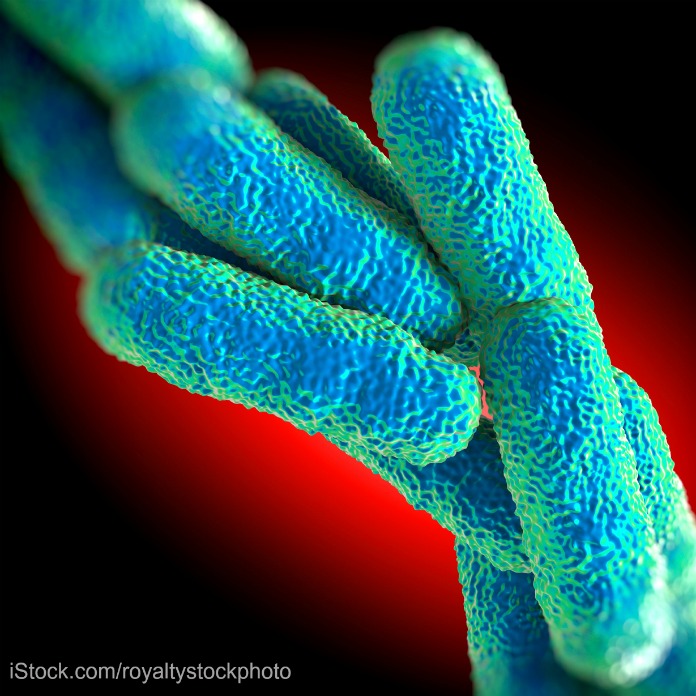Matching environmental and medical tests have confirmed that a cancer patient contracted Legionnaires’ disease in May at Allegheny General Hospital in Pittsburgh, Pennsylvania. Two other “possible” hospital-acquired cases of the dangerous illness have also been revealed to have occurred at around the same time.

According to TribLive (the web presence of the Pittsburgh Tribune-Review), officials at Allegheny General Hospital began testing their water system after a cancer patient was diagnosed with Legionnaires’ disease. The patient had initially been admitted by the hospital’s emergency department on May 6th because of a respiratory condition. Although released on May 20th, s/he was readmitted four days later, at which point a urine sample tested positive for Legionnaires’ disease. This patient was treated and is recovering.
Although hospital officials initially said in a June 14th press release that they believed the cancer patient had contracted Legionnaires’ disease somewhere else, early environmental tests revealed the presence of Legionella pneumonia bacteria in water tanks supplying the outpatient cancer center and Snyder Pavilion, the hospital’s main inpatient facility. All drinking water sources were closed on floors 4 through 12 of Snyder Pavilion, and patients were given bottled water for consumption. As an additional precaution, immune-compromised patients were advised not to bathe or shower.
After testing was expanded, however, scientists at Special Pathogens Laboratory found that the Legionella bacteria present in the cancer patient’s sputum (mucus) sample matched that found in the hospital – both were Legionella pneumophilia serogroup 5, an uncommon bacterial strain of the disease. They also proved through pulse-field gel electrophoresis that both environmental and medical samples displayed identical DNA patterns.
Of the two additional “possible” cases, one patient who contracted Legionnaires’ disease subsequently died, according to the hospital, of a “nonrelated” illness. Sputum samples were not taken from these two patients, making it impossible to definitively prove whether they, like the cancer patient, had contracted the rare Legionella pneumophilia serogroup 5 discovered at Allegheny General Hospital. Urine antigen tests did reveal, however, that they both had Legionella pneumophilia serogroup 1 in their systems – an extremely common strain of Legionella that they could have picked up either at the hospital or in the outside community.
According to the Centers for Disease Control (CDC), of the 60 different species of Legionella bacteria, most cases of Legionnaires’ disease are caused by Legionella pneumophila, serogroup 1. While 5,000 cases of the illness are reported in the United States each year, “accurate data reflecting the true incidence of this disease are not available because of under-utilization of diagnostic testing.”
Although potentially life-threatening, Legionnaires’ disease is also highly preventable through the implementation of stringent water system management and testing practices. This is particularly important for healthcare facilities: when patients in nosocomial (hospital) environments are infected with Legionella inhaled from water vapor or aspirated from drinking water, Legionnaires’ disease is fatal in ~50% of cases.




